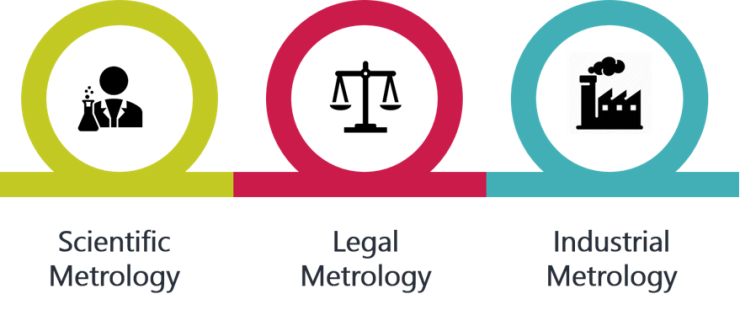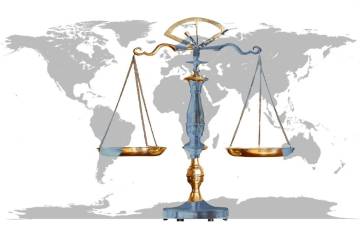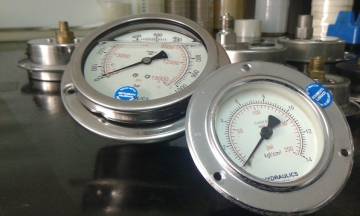What is metrology?
Metrology is the science of measurement, embracing both experimental and theoretical determinations at any level of uncertainty in any field of science and technology - BIPM
However, there's a whole lot more to it and it is something of vital importance to us all.
A formal definition of metrology can be found on the website of the BIPM, the international organisation established under the Metre Convention.
Correct measurements and a system of agreed measuring units are essential for scientific and technological advances, but also for business innovation, manufacturing, for fair trade in goods and services and for economic prosperity. They also help build consumer confidence and trust in what they buy as well as supporting quality of life.
Every day, consumers, traders, government regulators and industry make decisions based on measurement results. These measurements affect economic and personal well-being. You can get a glimpse of "A World without Metrology", a video demonstrating how this would look made by the Dutch metrology institute (VSL).
A World without Metrology
More on how metrology supports you every day can be found on this website here.
Subfields of metrology
Metrology can be divided into three subfields.

Scientific metrology
Scientific metrology is concerned with the establishment of units of measurement, the development of new measurement methods, the realisation of measurement standards, and the transfer of traceability from these standards to users in a society.
Scientific metrology activities include:
- establishing the framework for the internationally accepted units of measurement - the International System of Units (SI);
- ensuring effective adoption of these units within an economy; and
- disseminating from the peak measurement standards within an economy to users in government, science, technology, industry and the community.
Legal metrology
Legal metrology is concerned with assurance of correctness of measurements where these have an influence on the transparency of trade, on law enforcement, on health, on safety and on the environment. Legal metrology ensures that measurements and measuring instruments comply with laws and regulations. Its work protects traders, consumers, public safety and the environment and is critical to fair trade. The role includes:
- Establishing the law, for example for measurement instruments.
- Supervising and enforcing the law.
- Providing legal traceability systems for measurements and measuring instruments.
Legal metrology deals with measurements and measurement instruments that are used for trading, or for regulatory control. For more information on legal metrology, see here.


Industrial metrology
Industrial metrology is concerned with the application of measurement to manufacturing and other processes and their use in society, ensuring the suitability of measurement instruments, their calibration and quality control.
For more details, see the Metrology Infrastructure basics page of this website.

